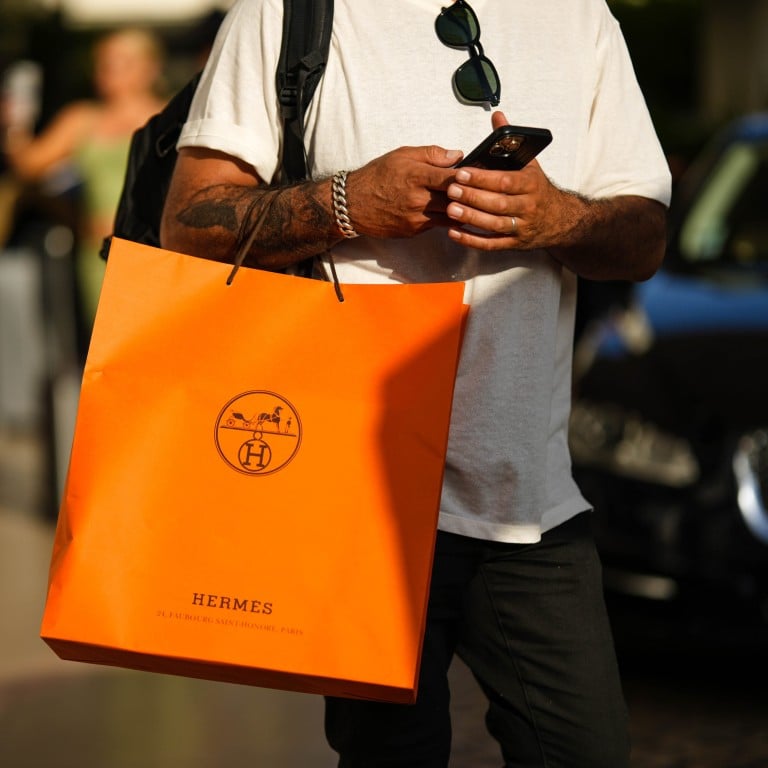In today's consumer-driven society, the allure of luxury goods is undeniable. From designer clothing and accessories to high-end cars and lavish vacations, people are willing to spend a significant amount of money to acquire these items. But what drives individuals to buy luxury? In this blog post, we will delve into the psychology behind this phenomenon and explore the reasons why people are drawn to luxury goods.
- Status and Social Signaling:
One of the primary reasons people buy luxury goods is to signal their social status and success. Luxury items are often associated with wealth, power, and exclusivity. By owning and displaying these products, individuals can communicate their elevated social standing to others. The desire for social recognition and admiration plays a significant role in the purchase of luxury goods. - Quality and Craftsmanship:
Luxury goods are renowned for their superior quality and exquisite craftsmanship. Consumers are willing to pay a premium price for items that are meticulously designed and made with the finest materials. The allure lies in the promise of longevity and durability, ensuring that the product will maintain its value over time. The pursuit of exceptional quality and the satisfaction derived from owning something of superior craftsmanship are strong motivators for luxury purchases. - Emotional Gratification:
Luxury goods often evoke strong emotions and provide a sense of pleasure and gratification. The anticipation of acquiring a coveted item, the joy of unboxing it, and the pride of ownership can create a unique emotional experience. Luxury purchases can serve as a form of self-reward, boosting self-esteem and enhancing overall well-being. The emotional connection between individuals and their luxury possessions is a driving force behind their purchase decisions. - Symbolic Meaning and Aspirational Lifestyle:
Luxury goods are laden with symbolic meaning and can represent aspirations and dreams. They serve as tangible symbols of success, achievement, and personal identity. Owning luxury items allows individuals to align themselves with a particular lifestyle or image they desire. The association with luxury brands and their values can enhance one's self-perception and help create a desired social identity. - Exclusivity and Scarcity:
The limited availability and exclusivity of luxury goods contribute to their appeal. Scarcity creates a sense of urgency and exclusivity, making the products more desirable. Luxury brands often employ strategies such as limited editions, collaborations, and waiting lists to enhance the perception of exclusivity. The desire to own something rare and unique drives individuals to seek out luxury items.
Conclusion:
The reasons why people buy luxury goods are multifaceted and deeply rooted in psychological and emotional factors. From status signaling and quality appreciation to emotional gratification and aspirational lifestyles, luxury purchases fulfill various needs and desires. Understanding the psychology behind the allure of luxury can provide valuable insights into consumer behavior and the evolving dynamics of the luxury market.

